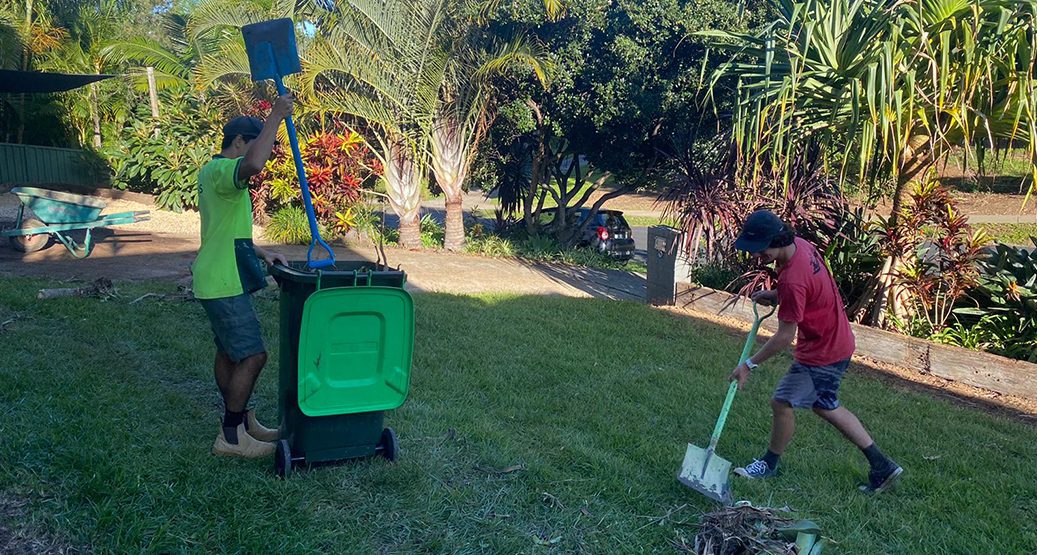
Have you taken the 21 Day Complaint Free Challenge?
Will Bowen, a minister at Christ Church Unity in Kansas City, Missouri; recognised that our thoughts and words shape our emotions and actions, and thus our lives. He decided to challenge himself and his congregation to go 21 days without complaining, criticizing or gossiping. He provided his congregation with purple bracelets and set up the rules:
- Put on the Bracelet: You are now on Day 1 of your 21 Day journey
- Switch the Bracelet: When you complain, move the bracelet to the other wrist. You’re now starting over; you’re back on Day 1.
- Stay With It: The average person takes 4 – 8 months to complete the 21-Day challenge. But stick with it! Just remember, you can’t complain your way to health, happiness, and success.
The Merriam-Webster dictionary defines “complain” as ‘to express grief, pain, or discontent.’ Bowen distinguishes a complaint from a statement of fact, by the energy expressed. “It’s hot today,” is a statement of fact, an observation, it is neutral. A heavy sigh followed by the lament, “It’s hot today,” is a complaint. There is negative energy being expressed with a complaint. Similarly, in his best selling spiritual guide ‘A New Earth: Awakening to Your Life’s Purpose’, Eckhart Tolle describes a complaint this way:
‘Complaining is not to be confused with informing someone of a mistake or deficiency so that it can be put right. And to refrain from complaining doesn’t necessarily mean putting up with bad quality or behaviour. There is no ego in telling the waiter that your soup is cold and needs to be heated up if you stick to the facts, which are always neutral. “How dare you serve me cold soup”… That’s complaining. There is a me here that loves to feel personally offended by the cold soup and is going to make the most of it, a me that enjoys making someone wrong.’
Whilst completing the 21 Day Complaint Free challenge, Tim Ferris developed his own definition: ‘a complaint is an energetic statement that focuses on the problem at hand rather than the resolution sought.’ He defined complaining as: ‘describing an event or person negatively without indicating next steps to fix the problem.’ Thus, “Man, I went into the post office and had to stand behind this rude jerk for 30 minutes. What a waste of time” would require a wrist switch, whilst “Man, I went into the post office and had to stand behind this rude guy for 30 minutes. It was a waste of time. From now on, I’ll go in the mornings before 10am to avoid the crowd” would not.
One of my friends decided to use this modification (loophole?), as she was spending too much time ruminating on the fact that she was not allowed to complain when she felt justified in doing so!
The average person may unknowingly complain 15-30 times a day, with many commencing a conversation with a complaint or criticism. Whilst completing the challenge, many people are stunned to realise that some of their friendships are based around complaining and/or gossiping. However, they are usually surprised to find that once they have dropped the complaining, their friends happily follow suit.
Speaking from my experience, and the experiences of friends and family, the impacts of attempting the challenge are immediate and positively life-changing. The first thing you realise is how much you complain. My friend expressed it in a text to me at the end of our first day of the challenge (little did we know we would be on Day 1 for the majority of the next few months). She confessed: “Well, I was looking forward to this challenge, as I am such a new age, enlightened being. Little did I know I am actually Miss Whinge-Whingey-Whinge-Whinge Snivel-Whine-Moan.”
According to Bowen, as you become a Complaint Free person, you go through various stages. You begin in the bliss of ignorance because you are unaware of how often you complain, you then move through the turmoil of awareness and transformation, and finally arrive at true bliss. He says that people taking the Complaint Free challenge frequently tell him that, long before they reach 21-consecutive days, they find that they feel happier. They also find that people around them seem happier too. It is obvious we don’t realise how bad complaining makes us feel and how good being kind, patient and gentle can feel!
Will Bowen is on a mission to create a complaint free world and his book ‘A Complaint Free World: How to Stop Complaining and Start Enjoying the Life You Always Wanted’ is a really fun, inspiring, and practical look at how we can change our thoughts and words and thus create more happiness and goodness in our lives. Already, more than 11 million people have taken the challenge; so the question is: are you willing to try? I guarantee you won’t be disappointed, and what a great way to start making the world a happier, and more peaceful place!


